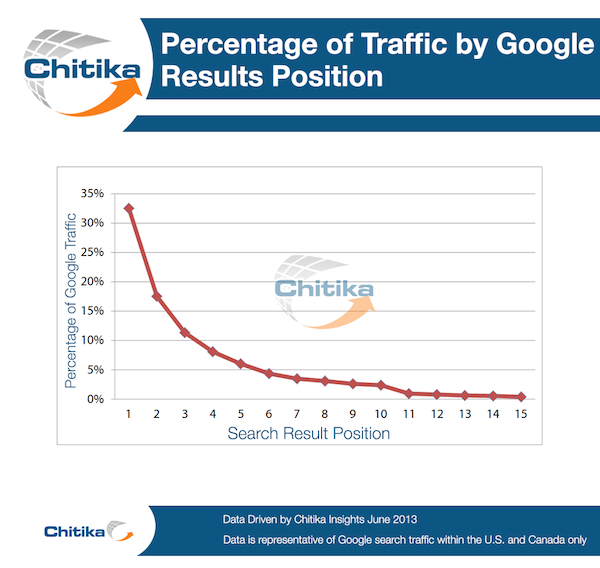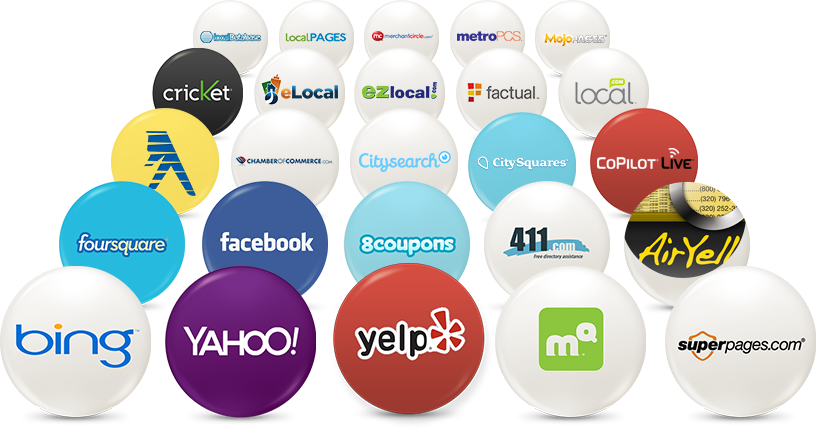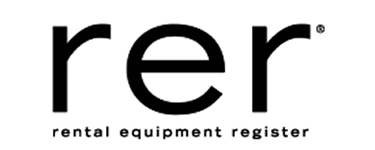Easy SEO for Rental Businesses: Getting Listed in Directories
Does the acronym “SEO” make you want to run for the hills? Does the term “meta description” make your stomach churn? Is the closest thing you have to a web developer your 16-year-old nephew? Then this post is for you!
If you haven’t heard of SEO (search engine optimization) before, here’s the simplest explanation: it’s the ongoing practice of getting search engines, like Google, to feature your website in search results. If you’re a party and event rental business in Boise, Idaho, this means that if somebody searches for “inflatable castle Boise,” you would want your website to show up first. Or, if you’re a general rental store in Northampton, Massachusetts, you would want your business to pop up for “rent a compressor 01060.”
There are many different elements — hundreds, in fact — that go into determining how results show up. Those factors make up Google’s “secret sauce” and are the crux of their business. Search results aren’t the same for everybody, as they are impacted by variables such as your location and prior search history. But there are many things you can do to boost your site’s visibility — and those efforts can translate into big bucks, particularly if you have several competitors located nearby. A study by the ad network Chitika showed that even the difference between the first result and second result is enormous; the top natural (non-advertisement) search result receives 33 percent of web traffic compared with 18 percent for the second, with a continued dramatic decrease for lower search results.

The message is clear: higher rankings are better — much, much better. There are many technical steps you can take to increase search results, such as improving site architecture, adding structured data markup and most importantly, designing your site for mobile devices. However, there are also many things you can do without the help of a developer or SEO expert. Today, we’ll talk about one of those: directories. Here’s the gist: Google’s goal is to show the most relevant, trusted websites and advertisements related to a person’s search; your goal is to help Google find your site. Directories are one effective way to help accomplish this and get potential customers the information they are looking for.
The most important thing to keep in mind is that inconsistent business location information can cost you sales. Wherever your business is listed online, it’s critical to ensure that your organization’s name, address, phone number and website are uniform, since search engines use this data to validate your business. Even an apostrophe in the wrong place can create issues. According to the esteemed SEO site MOZ, keeping this information consistent “is essential to getting more citations and improving search engine rankings.” The listings management service Yext offers a tool to scan your business to see where it appears across the Internet.
With that said, there are hundreds of directories you can add your rental business to. Here are ten of the most important ones. If your business has multiple locations, you may want to pay for a service like Yext to manage your listings so you don’t have to.
- Google Places
- Bing
- Better Business Bureau
- Yellow Pages
- Yelp
- Yahoo
- Local.com
- White Pages

Source: Yext
Creating these listings aren’t particularly time consuming or difficult, but they can make a real difference for SEO. And, with accurate listings, you can be sure potential customers are getting the right information. In our next “easy SEO” series, we’ll explore the power of giving and getting links.
Written by Kate Miller, Marketing Manager at InTempo Software. Kate is SEO-Certified by the Direct Marketing Association and Inbound Marketing-Certified by HubSpot.


